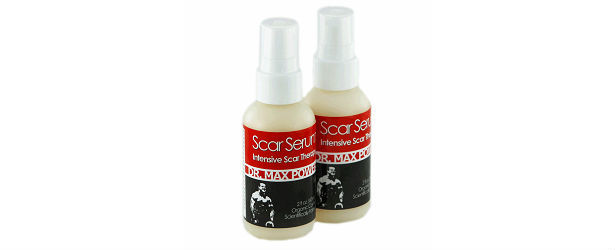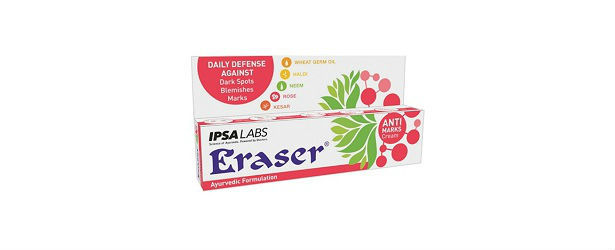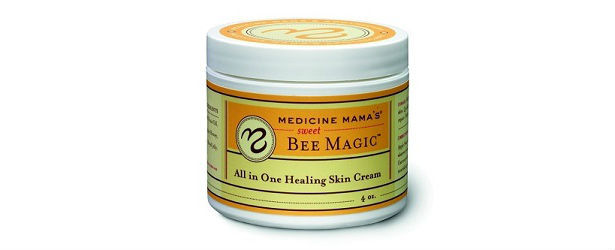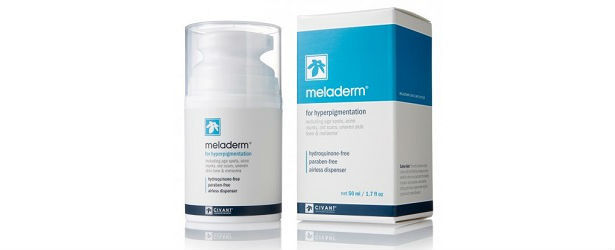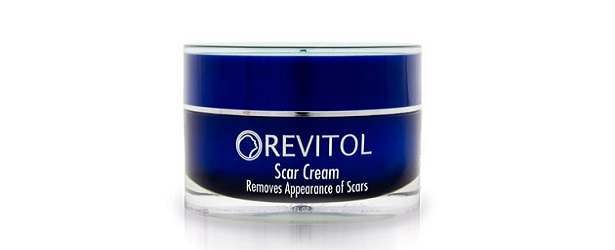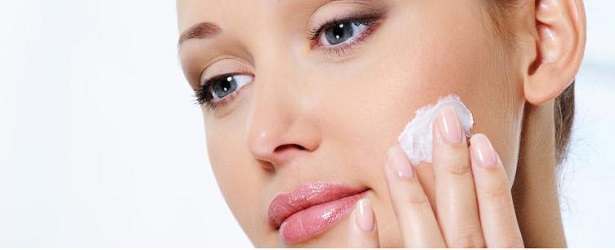
Does Acne Scar Treatment Work?
People who suffer from acne scars often feel self-conscious about their appearance. Even though acne scars are an embarrassing reality, acne scar treatment can help reduce their appearance and make you feel more confident. It just takes a little time and understanding in order to find what will work for you.
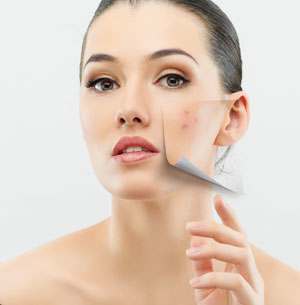 It is important to know that medical treatments for scar removal do not completely remove scars, can be costly and are not usually covered by insurance when they are for cosmetic reasons only. Most acne scar treatments only diminish the appearance of scars, while other treatments out there are very effective for fading scars and at helping regenerate healthy new skin . Before beginning treatment of acne scars, know what type of scar you are working with.
It is important to know that medical treatments for scar removal do not completely remove scars, can be costly and are not usually covered by insurance when they are for cosmetic reasons only. Most acne scar treatments only diminish the appearance of scars, while other treatments out there are very effective for fading scars and at helping regenerate healthy new skin . Before beginning treatment of acne scars, know what type of scar you are working with.
Types of Acne Scars
Acne scars are almost always permanent, although most may fade with time and good skin care. The different types of acne scars are usually:
- Macules – These are flat, reddened spots that previously were acne lesions. They last for a few weeks after a breakout and tend to disappear on their own.
- Dark Pigmentation – After healing, an acne scar can appear as a dark spot on the skin. This is a type of over-pigmentation caused by the inflammation during breakouts. These spots can take months to fade after the breakout is over.
- Tissue Scarring – These acne scars grow large and appear raised on the skin after an acne lesion heals. They are known as either keloids or hypertrophic scars and are caused by too much collagen production during the healing process.
- Pitting – This is the most common type of acne scarring. Caused by loss of tissue at the spots where there were acne lesions, these scars appear as pitted areas on the skin.
Finding Acne Scar Treatment
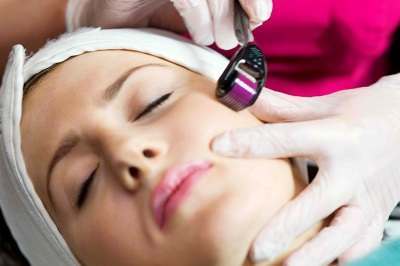 Finding an acne scar treatment that suits your needs depends on what you want. Medical treatment is not necessary if scarring is minor to moderate. If scars are severe, you may need professional help with them. People usually look for treatment and help when scars cause issues with self-esteem, and they are unable to fade them on their own at home.
Finding an acne scar treatment that suits your needs depends on what you want. Medical treatment is not necessary if scarring is minor to moderate. If scars are severe, you may need professional help with them. People usually look for treatment and help when scars cause issues with self-esteem, and they are unable to fade them on their own at home.
Acne scar treatment is usually performed by a dermatologist or even a cosmetic surgeon. They can evaluate your scars and help you decide on a course of treatment depending on the severity and type of scars. They can also give you skin care ideas to help prevent scars in the future.
Common Acne Scar Treatments include:
- Dermabrasion – This uses an instrument to take off the top layer of skin along with scar tissue to flatten and smooth the skin surface. This treatment requires recovery time and good skin care to prevent complications.
- Microdermabrasion – The dermatologist uses a small abrasive material to scrub the top layer of skin off. This is a type of facial and can even be done by an aesthetician. There is no recovery time, but a few treatments over time may be required to effectively fade scars.
- Chemical Peels – Chemical peels use a chemical that removes the top layer of skin. A chemical peel can fade the acne scars that are shallower, dark spots, and post-inflammatory lesions. Side effects include red skin, peeling, and irritation for a short time after the treatment.
- Retinoic Acid – Certain acne scars do not respond to typical treatments. This is especially true with keloid acne scars. Retinoic acid cream can be applied to acne scars to help fade and diminish their appearance.
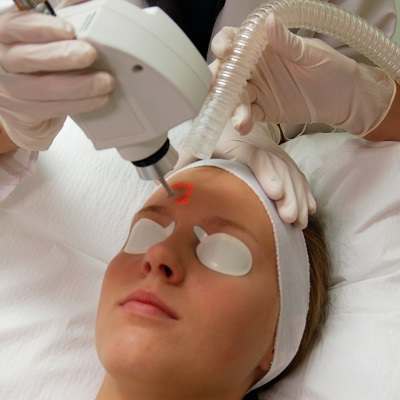 Laser Treatments – Laser treatments can smooth and lighten acne scars by removing the top layer of the skin. The type of laser used and the length of treatment depend on the type of scar tissue and how bad the damage is to the skin. It may take from a few to a number of treatments. There is a recovery period of a few days after treatments, and the cost can run over $1,000.
Laser Treatments – Laser treatments can smooth and lighten acne scars by removing the top layer of the skin. The type of laser used and the length of treatment depend on the type of scar tissue and how bad the damage is to the skin. It may take from a few to a number of treatments. There is a recovery period of a few days after treatments, and the cost can run over $1,000.- Filler Treatments – Pitted areas in the skin from acne scars can be filled with hyaluronic acid, fat, or collagen injections to even out the skin.
They are absorbed by the body, so repetitive treatments are needed over time.
- Punch Excisions – This is a type of surgery that can take out the acne scar. A punch biopsy tool is used to “punch” out the area, and then the surgeon can suture the area closed. This is mainly used on pitting acne scars.
- Skin Grafting – When there are large areas of acne scars, the tissue can be replaced with healthy normal skin. The skin is usually taken from a hidden place, such as behind the ears. Skin grafting can be used after other invasive acne treatments to repair any damage.
Acne can severely dampen self-esteem, and looking into acne treatments can help you feel better about yourself. Understand the different methods of treatment, the costs and the recovery time involved in order to make the best decision.
TOP 5
SCARTreatments |
|||||
| Scarinex | Talsyn-CI | Kelo-cote | Revitol | H-Scars | |
|---|---|---|---|---|---|
| 1 | 2 | 3 | 4 | 5 | |
| Price (1 bottle) Price (4 bottles) Best Value |
$49.95 $139.70 |
$39.95 $239.70 |
$99.99 $599.94 |
$39.95 $239.70 |
$69.95 $419.70 |
| Overall Rating | 99.40% | 82.20% | 74.90% | 70.30% | 67.60% |
| Performance* |





|





|





|





|





|
| Speed of Results* | Extremely Fast | Good | Average | Slow | Slow |
| Quality of Ingredients | Premium | Good | Average | Average | Unknown |
| Customer Satisfaction Evaluation | 99% | 80% | 70.60% | 68% | 65% |
| Safety Evaluation | Safe for Use | Safe for Use | Safe for Use | Safe for Use | Safe for Use |
| Customer Service Rating |





|





|





|





|





|
| Reorder Rate | Highest | Good | Average | Average | Average |
| Return Policy | Risk Free | Risk Free | No Guarantee | Unopened Only | Risk Free |
| Success Rate | 99.20% | 81% | 72% | 69.30% | 66.10% |

 Subscribe Now
Subscribe Now




